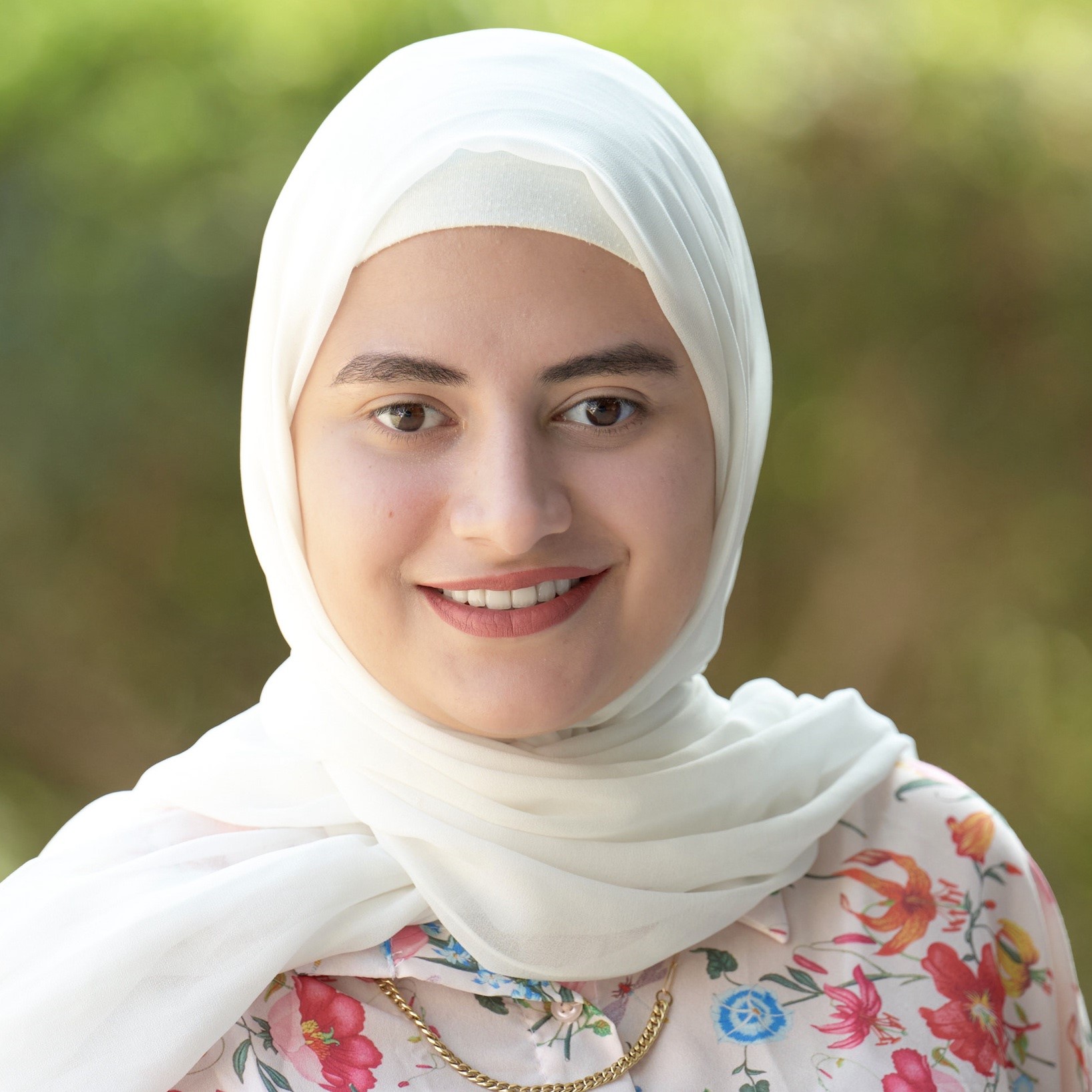
Dr. Asmaa Abdallah
Research Scientist
King Abdullah University of Science and Technology (KAUST)
Dr. Asmaa Abdallah's research at King Abdullah University for Science and Technology (KAUST) focuses on cutting-edge advancements in wireless communications and machine learning. As a Postdoctoral Research Fellow, she mentors interns and supervises graduate students, fostering the next generation of researchers. Her work involves:
• Large Language Models (LLMs): Dr. Abdallah is involved in developing LLMs specifically tailored for wireless communications. These models act as orchestrators, predicting solutions for various wireless communication problems, thereby enhancing the efficiency and reliability of communication networks.
• Explainable AI for Resource Allocation: She has proposed explainable AI solutions that address the black-box nature of deep learning, making the decision-making process transparent and understandable. This work involves developing models that can explain how resources are allocated in wireless networks, improving trust and reliability.
• Autoencoder-based Beamforming Designs: Dr. Abdallah has worked on designing explainable autoencoders for joint multi-user beam probing and hybrid precoding. These autoencoders optimize the probing and precoding processes, enhancing the performance of wireless networks by effectively managing multiple user signals.
• Channel Estimation Techniques: She has proposed deep learning-based techniques for
estimating channels in frequency-selective reconfigurable intelligent surface (RIS) assisted
systems. These techniques significantly improve the accuracy and efficiency of channel
estimation in complex environments.
• Vehicle-to-Vehicle Beam Prediction: Dr. Abdallah has developed transformer-based models for multi-modal vehicle-to-vehicle beam prediction, which leverage various data inputs (such as sensors and cameras) to predict beamforming parameters, enhancing communication between vehicles.
• Unsupervised Learning for Power Allocation: Her work includes developing unsupervised learning algorithms for distributed downlink power allocation in cell-free MIMO systems. These algorithms optimize power distribution without requiring labeled data, making them highly scalable and adaptable to different network conditions.
• RIS-Aided Authentication: Dr. Abdallah has proposed RIS-aided physical layer authentication techniques that utilize angular sparsity to authenticate users. This approach enhances the security of wireless networks by ensuring that only legitimate users can access the network.